[vc_row][vc_column][vc_column_text css=”.vc_custom_1536190776939{margin-bottom: 0px !important;}”]Rain dappled on the breast of my jacket while the sounds from my running kept me company as the four-leggeds and birds slept through an early autumn squall. I rose on mist while looming pines grew squat, then gave way to the feathery heaven of nearly-turning larches camped stream side. As the high country opened, I felt my mind return to its natural state: weather less, having forgotten the wind had ever blown through my branches, receptive to the experience of motion with the more-than-human, listening. Downwash that smelled like a recently-drowned campfire traveled from the col a hundred feet or so above me and the anticipation hit, there’s the lake.

Many athletes tread into the high country on a mission, seeking to conquer the living environment with whom they move; this is false. The athlete can never conquer the land, it is the other way around: the land owns us and our job as spirit-athletes is to attune and to allow ourselves to be formed by forces much greater and enduring than our singular bodies. Finding solo, unsupported ultra running while living in verdant Salish country in 2010 and subsequently moving to Mətxʷú (Methow) territory in 2015 (both in Washington state), my running squarely supplanted my alpinism as chief activity of awakening.[/vc_column_text][/vc_column][/vc_row][vc_row css=”.vc_custom_1536191227388{margin-top: 5px !important;}”][vc_column width=”1/12″][/vc_column][vc_column width=”5/6″][vc_video max_width=”650″ link=”https://youtu.be/gSKlJgkD9cI”][/vc_column][vc_column width=”1/12″][/vc_column][/vc_row][vc_row css=”.vc_custom_1536191194065{margin-top: 20px !important;}”][vc_column][vc_column_text css=”.vc_custom_1536240406994{margin-bottom: 0px !important;}”]However, spending my first summer in the sage-lands, I found the heat nearly unbearable. Spans of triple-digit heat stretched for four days at a time that summer, and I had no A/C to shelter me from the experience of being baked by the sun. Needing an excuse to linger in a cold body of water and curious about the language of fish borne on the voice of water, I bought my first fishing rod, a Tenkara USA Iwana, and taught myself to fish.

I clearly remember the first time I embarked on a run-fish-run (RFR), it was completely intuitive. Having just learned the fine art of not backcasting into brush and how to navigate the shoreline so as not to alert lurking trout of my presence, I found myself simultaneously overheated and in need of a good romp on trail. In the Methow and Okanogan where I live, the choicest waters for tenkara are located deep in often-burned wilderness generally accessed by only the most persistent backpacker on a multi-night sojourn. On a desperately hot day in July 2015, I realized I could run to my favorite alpine lake, fish to my heart’s content, and run out under the cover of the cool evening dark all in the space of a long afternoon. I strapped my Iwana to my backpack next to a pair of landjägers and my journal, then drove too fast to the trailhead and began.

Now as a Tenkara USA guide, which I do as part of my endurance coaching business Magnetic North, and the first and only outfitter (ever! anywhere!) to offer run-fish-run trips, I am glad to share a few tips here to help you get out to an alpine lake or stream near you to make like a bug.
Gear Up
You’ll be wet wading, standing barefoot in the water, so shorts or a running skirt work best as far as apparel. Since you’ll spend time standing relatively still in the cold water, it wouldn’t hurt to pack a jacket or a pack towel. A hat with black on the underside of the brim and polarized sunglasses will help you see into still water to locate fish. Most running backpacks will ably carry the new Hane (pronounced “Ha-nay”) rod from Tenkara USA, my fave. This rod was designed to be ultralight, versatile for a range of different types of waters, and there is no rattling sound when you run with it. Pack a few flies (barbless Ishigaki Kibaris are my current go-to) in an empty film canister, your line, some extra tippet in a weight appropriate to your rod (this varies widely and matters to the integrity of your rod), and, if you plan on keeping any fish, a pocket knife and plastic bag. Especially if this is your first try at RFR, pack double the snacks you’d otherwise take on a run of the same distance.
Find Your Water
In its purest form, tenkara fishing happens on tight streams, think: subalpine swiftwater. It might be hard to believe any fish can travel up ladders of granite into the high country, but watch in amazement as brazen trout huck their way upstream. For beginners, alpine lakes provide a wonderful place to practice slinging flies. When you’re choosing water, this is a great time to research the fishing regulations in that specific area. Note that regulations can vary from lake to lake, throughout seasons, and might indicate even the kind of fly you’re allowed to use. When in doubt, hire a reputable guide. Alpine water, whether still or swift, is often difficult to access and deserted. Be sure you’re up for a remote and perhaps wild ride to get to your lake or stream of choice.

Observe
Once you arrive at the water, take note of your surroundings. Take note of the direction of the wind, if there is any, and the direction from which the wind comes. See if or where any streams flow into or out of the lake. If you are on swiftwater, note the patterns of riffles and eddies. Eye your choice shoreline, which for a beginner will be well away from brush. For all of us, it is a good reminder to be mindful of the direction in which you sling that fly. Watch the bugs in and on the water. Do the bugs sink to the bottom and cling to rocks? Are they small and quick on the surface? Your job as the angler is to imitate food, so gathering information on their activity is a key part of fishing. Deeper still into your RFR practice you’ll begin to notice a lot about fish activity and mountain weather, what a treat![/vc_column_text][/vc_column][/vc_row]


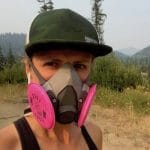
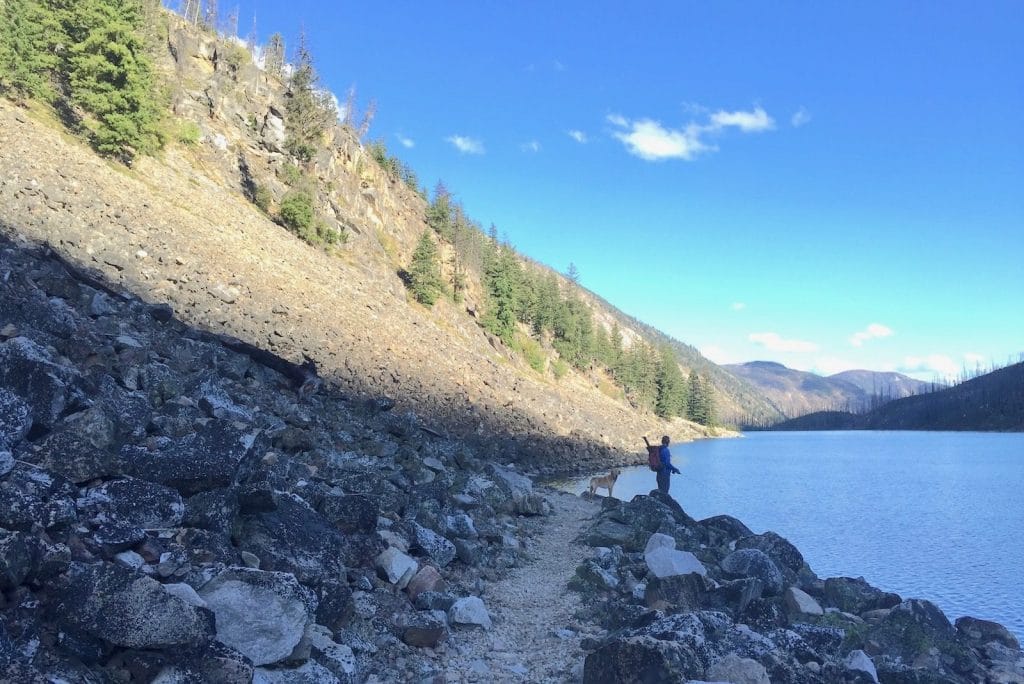
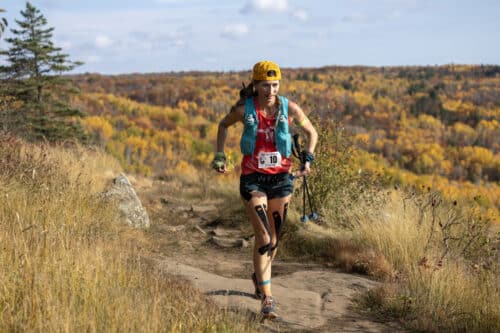
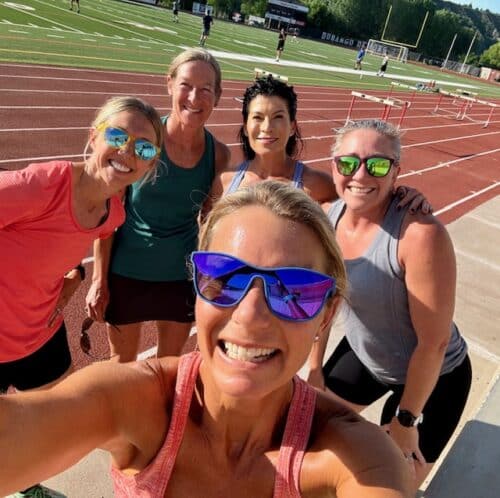


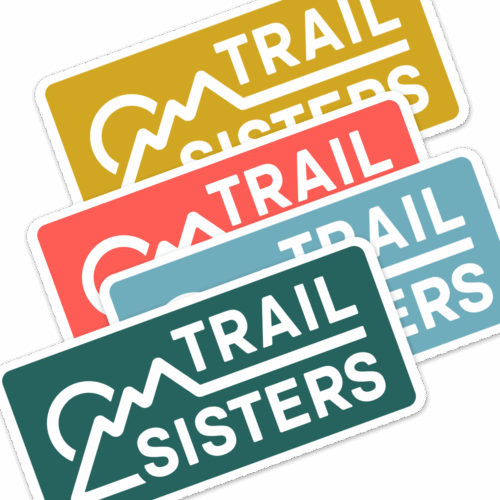
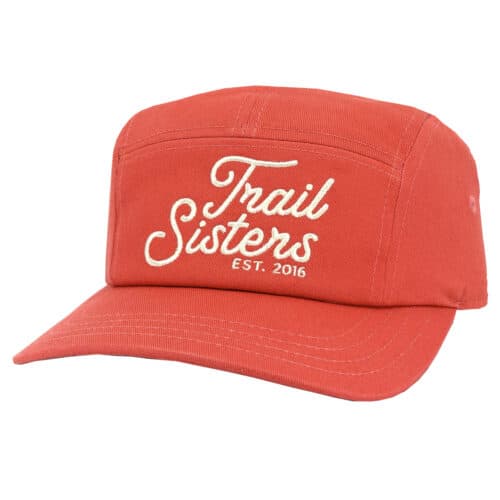

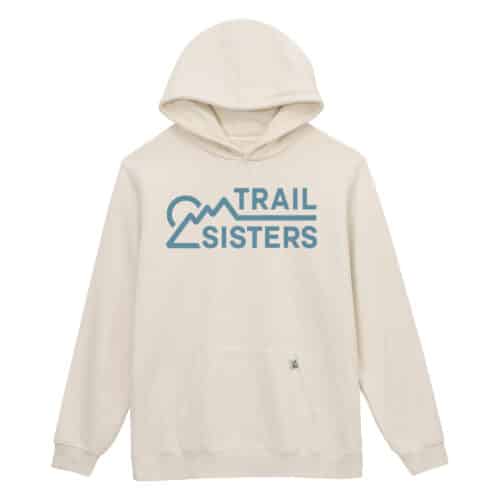
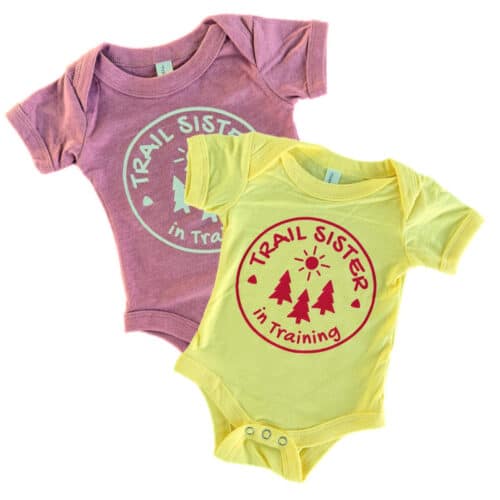
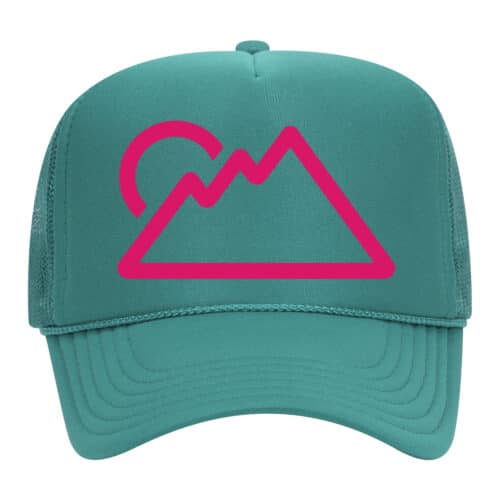


4 Responses
This touches my heart in a place that I thought was gone…! To feel the Earth & my surroundings where I stand! What an amazing reminder to think of that with each step I take! Thank You! Mom
THIS IS SO RAD! I love fishing and I love running, I have to try this!
Can’t wait to hear how your experience goes, Alyssa!
????